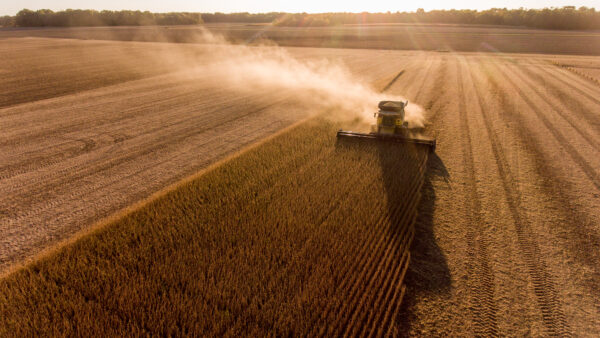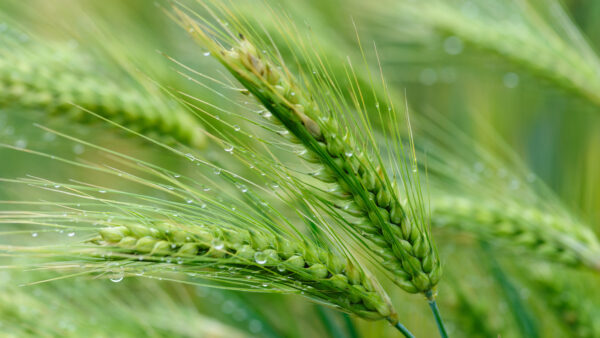Chef B.J. Dennis, a personal chef born and raised in Charleston, SC, has been featured on Netflix and is renowned for his culinary expertise and community engagement. He brings a unique perspective to the world of plant breeding. With a focus on functionality and community impact, Chef B.J. emphasizes the importance of considering the needs of local communities when developing new plant varieties.
This week at the National Association of Plant Breeders (NAPB) Conference in Greenville, SC, we sat down with Chef B.J. to get his insights on the considerations breeders should keep in mind, the influence of chefs’ preferences both culinary and business, the role of environmental sustainability, and the ways big agribusiness companies can support smaller farmers and foster community access to food and seeds.
Considerations for Breeders
When breeders embark on developing new plant varieties, they must strike a balance between novelty and functionality, he said. Chef B.J. highlights the significance of cost efficiency and accessibility, as many chefs prioritize sourcing affordable and functional produce. Breeders should understand the demands of the market and create crops that can be grown and sold at reasonable prices, ensuring wider accessibility for consumers.
Chef Preferences and Business Influence
As business owners, chefs prioritize cost efficiency and profit margins. While some may appreciate exotic and flavorful varieties, the majority seek ingredients that are both affordable and functional. Breeders should consider the economic aspect of their creations, focusing on developing crops that cater to chefs’ needs while maintaining a reasonable price point.
Prioritizing Function Over Fancy
Chef B.J. advocates for prioritizing functional crops that can sustain and nourish communities on a larger scale. While fancy or exotic varieties may be appealing, they often come with a higher price tag and limited availability. By breeding crops for function, breeders contribute to sustainable agriculture, community health, and enhanced food accessibility.
The Role of Environmental Sustainability
Environmental sustainability plays a crucial role in breeding new plant varieties. Chef B.J. emphasizes the importance of breeding crops that can withstand environmental challenges such as flooding, heatwaves, or extreme cold. By developing plants resistant to these stressors, breeders contribute to sustainable agriculture and ensure the long-term viability of crops in changing climates.
Supporting Smaller Farmers and Community Access
Big agribusiness companies can make a difference by supporting smaller farmers and facilitating community access to food and seeds. Chef B.J. encourages these companies to leverage their resources and influence to assist smaller farmers. This can be done through financial support, research and development collaborations, and providing access to advanced technologies and knowledge. By investing in the success of smaller farmers, big agribusiness companies contribute to the sustainability of local communities and foster a more inclusive and resilient food system.









